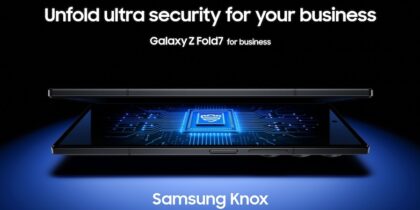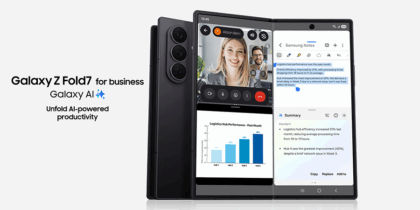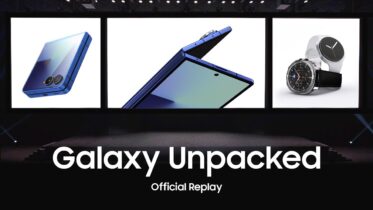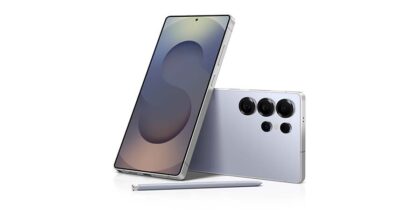When purchasing mobile phones, many business users and buyers aren’t aware they have an additional choice beyond their usual choice of carrier. That choice is “unlocked.”
With an unlocked, or no-contract, mobile phone you typically pay upfront for the hardware, without a subsidy from the mobile service provider. In return, the device is not limited (or locked) to usage with a SIM from a specific carrier. Unlocked smartphones offer business users many advantages, including increased freedom, flexibility and customization.
More Flexible Connectivity
One of the major benefits of an unlocked, no-contract phone is its ability to provide greater freedom and flexibility. Workers today are increasingly mobile and many have to travel for work, whether that be to another part of the country where one particular carrier has a stronger presence than in their home location, or perhaps internationally.
An unlocked phone enables them to simply insert a local SIM card to connect to the network that offers the more advantageous rates. That way, they can avoid high fees in terms of roaming charges, which can add up considerably. With an unlocked phone, local SIM cards can be purchased in a range of locations, such as at airports, or employers can provide their traveling employees with one appropriate to the location.
Even if international travel is unlikely for employees, the ability to put any SIM in the mobile phone means companies can simplify the management of mobile devices – as you no longer need devices for multiple networks.
Additionally, unlocked phones, or phones with no contract, allow users to choose the carrier, plan and coverage that best suits their needs. According to recent research from Strategy Analytics WWS services, these unlocked phones amounted to 10.6 percent of total smartphone volumes sold in the U.S. in 2016, and are forecast to reach 14.1 percent or 25 million devices by 2020.
Simplified Management and Deployment
Many phones that are locked to specific carriers come with a number of pre-installed apps that add little value in a business environment, making the devices more cumbersome.
Discover the Benefits of Unlocked Smartphones
Here are four key questions to find out if unlocked smartphones are the answer for your employees. Download Now
Without pre-loaded apps, no-contract smartphones can be easier to manage and simpler for users to navigate. When a phone is locked to a contract, the carrier may restrict what apps can be provisioned on those devices.
Businesses can further customize smartphones with tools such as Samsung Knox Customization, which can be used to specify exactly what apps and services can be used on a particular device. This can help improve productivity by limiting what particular devices, or even fleets of devices, can do, making them better suited to specific work environments.
For example, a mobile device can be customized for a healthcare worker so it provides access to only those apps they need for their work while ensuring that they have the mobility they need to move from one patient or location to another. With such a service, devices can be updated from anywhere, without the need for the user to return to the organization’s premises.
Going Wi-Fi Only
Without being tied to a carrier, organizations can also offer Wi-Fi-only devices to cut down on costs. This option can be useful in environments such as retail or hospitality where users require access to web-based or cloud-based apps to service customers but don’t need to make phone calls. For some organizations, this is an attractive option when compared to being tied to a carrier and having to pay for a communications plan for each device and user.
Unsubsidized Purchase Model Saves Money
When phones are purchased from a carrier with a two-year service plan, the upfront cost of the device is typically subsidized and the hardware “paid off” through higher monthly service fees for the following 24 months. With unlocked phones, the investment is made upfront.
According to a Gartner report, buying unsubsidized devices will save enterprise IT departments in the long-run. The total cost of ownership analysis by principal research analyst Bill Menezes found that cellular providers offer domestic service discounts of 20 percent or more for plans with unsubsidized phones.
There are also further potential cost benefits for organizations, as they’re able to standardize on one model or range of models for all users, which can be useful in containing costs related to training and maintenance.
Unlocked phones provide both enterprises and end users with the flexibility needed in today’s modern workforce. Freeing users and organizations from the traditional constraints of locked-in carrier plans bodes well for the future of mobility in the workplace.
Learn more about why enterprises are increasingly embracing the unlocked device









